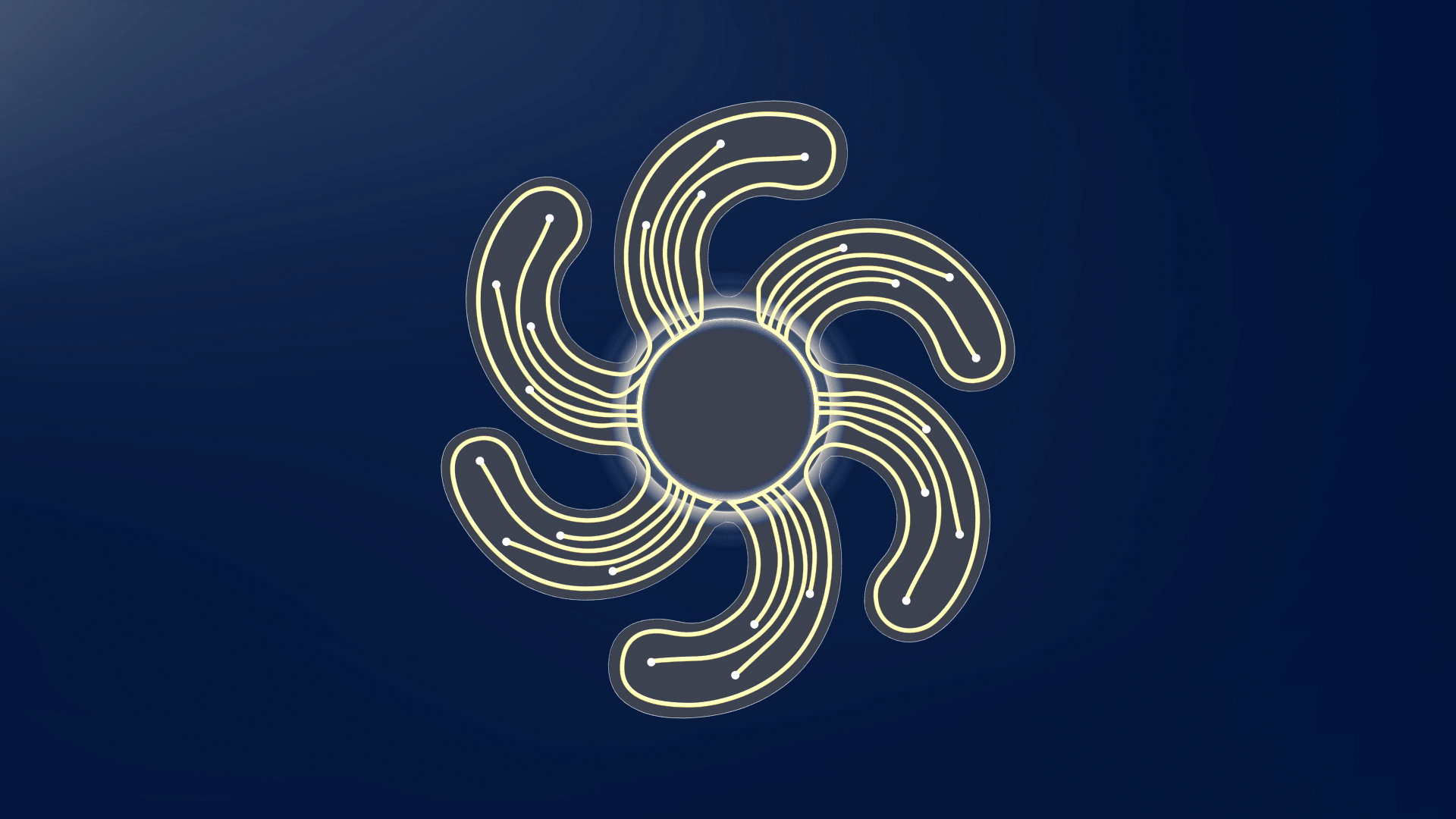A new study, led by Dr. Sukho Song and conducted at the EPFL Laboratory for Soft Bioelectronic Interfaces of Prof. Stéphanie Lacour, has been published today in Science Robotics. The study highlights the promising potential of our soft technology for the development of minimally invasive and deployable neural interfaces.
Conventional electrode grids used to record from or stimulate the brain surface are implanted by performing a large craniotomy in the patient’s skull, drastically increasing the invasiveness of such procedures and decreasing acceptance rate of such surgeries by patients. With this new minimally invasive Brain-Computer Interface (BCI), only a small burr hole in the skull is required, through which the device can be deployed.
“This work underlines our efforts to leverage stretchable electrodes for minimally invasive BCIs” says Nicolas Vachicouras, CEO and Co-Founder of Neurosoft Bioelectronics, “A minimally invasive implant will increases adoption by clinicians and patients, and presents numerous benefits such as reduced surgical cost, reduced patient recovery time, and reduced infection risk“.
Neurosoft Bioelectronics was recently awarded a CHF 2.5M Swiss Accelerator Grant from Innosuisse to bring this innovation to market.
